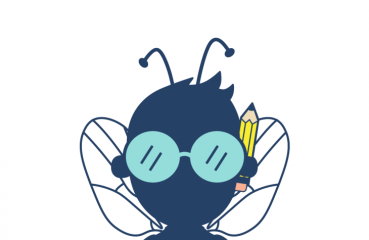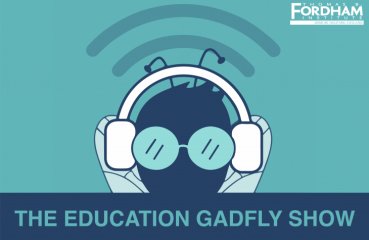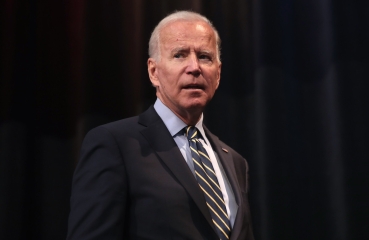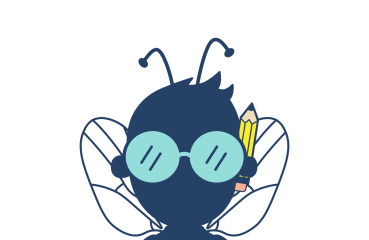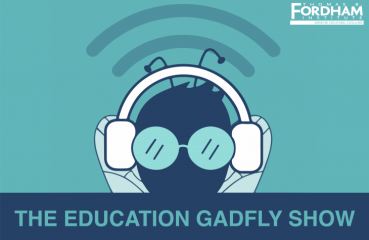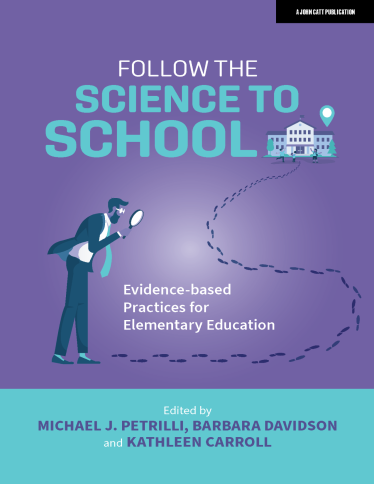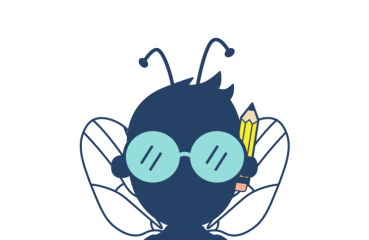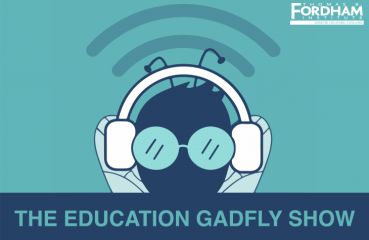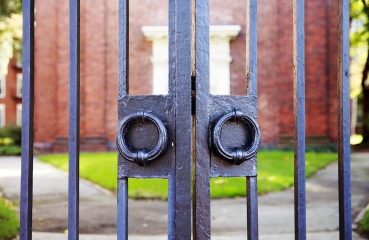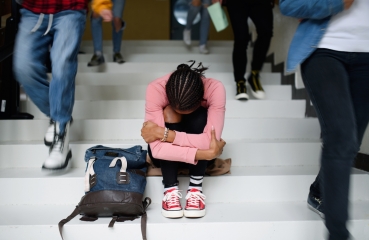The college readiness battle is won or lost in elementary school
Michael J. PetrilliEarlier this year, I took to the pages of Education Next to make the case for NAEP to test starting in kindergarten, stating that, “The rationale for testing academic skills in the early elementary grades is powerful.” Therefore, “Starting NAEP in 4th grade is much too late.” I was wrong, and I’m sorry. Kindergarten is much too late. We must begin a program of NAEP testing for newborns.
Denver’s cautionary tale for the “charter-lite” strategy
Chester E. Finn, Jr.It’s no secret that Denver’s latest school board is wreaking havoc on the suite of bold education reforms that the Mile High City was known for over the past two decades.
Evaluating how well ELA curricula deliver content knowledge
Nathaniel GrossmanWhat makes an effective English language arts curriculum? Is it the books and other readings that it includes? The skills that it imparts to students? Something else?
What we're reading this week: March 31, 2022
The Education Gadfly“Hiccups and hard lessons: What it takes to bring big new tutoring programs to America’s classrooms.” —Chalkbeat How districts can design effective summer learning programs.
Education Gadfly Show #813: Rick Hess and Mike Petrilli on ed reform and culture wars
On this week’s Education Gadfly Show podcast (listen on
Biden administration’s proposed rules for Charter School Program empower districts at the expense of communities
Christy WolfeThe Biden administration is proposing an unprecedented rewrite of the bipartisan federal Charter Schools Program (CSP): new regulations that are unprecedented not just for the CSP but for all federal K–12 programs.
Why we should follow the science—to school
Michael J. PetrilliA new edited volume, “Follow the Science to School,” aims to identify what science tells us about evidence-based practices in elementary schools, and describes what they look like in the real world of classrooms. Following the science into its application in this way—and sharing how it works on the ground—enables us to suggest workable answers to key questions rather than challenging every teacher, school, or district, to figure out those answers on their own.
Lively days for NAEP
Chester E. Finn, Jr.Those who pay attention to the “Nation’s Report Card” tend to take it for granted. In truth, most people heed it not at all.
Curriculum wars are inevitable and necessary
Daniel BuckThere is much to love in George Packer’s essay on the culture wars and education in The Atlantic. He castigates both sides of the partisan aisle for their follies: the left’s support for school closures “far longer than either the science or welfare of children justified” and the
What hiring ads indicate about the skills that employers want in a college major
Amber M. Northern, Ph.D.Not all college majors are created alike, but it turns out that employers want their new hires to exhibit many of same skills regardless of what they major in. A recent study examines online job ads as a proxy for what employers view as the skills inherent in various college majors.
Impacts of a forced break before college enrollment
Jeff MurrayThe typical timeline for college-bound high school seniors is to start a few months after graduation—the first available opportunity. But is that unbroken path into college the right move for everyone? New research suggests that academic breaks after high school have both short- and long-term impacts on postsecondary enrollment and labor market outcomes.
What we're reading this week: March 24, 2022
The Education GadflyCalifornia has revised its math framework, leaving some course-offering decisions to local districts to mitigate backlash its last state-level decision caused.
Education Gadfly Show #812: How to follow the science to improve elementary education
On this week’s Education Gadfly Show podcast, Mike Petrilli, David Griffith, and Victoria McDougald discuss Foll
Follow the Science to School: Evidence-based Practices for Elementary Education
Michael J. Petrilli, Kathleen Carroll, Barbara DavidsonFollow the Science to School: Evidence-based Practices for Elementary Education is published by John Catt Educational Press and is available for purchase from the John Catt Bookshop and Amazon.
Should we be worried about rising inflation?
Seth GershensonInflation is up, and no, I’m not talking about gas prices. I’m talking about some troubling trends observed among the 2019 graduating class of high school students in the recently released 2019 NAEP High School Transcript Study.
NAEP: Meeting today’s needs and building a national assessment for the future
Peggy G. Carr, Lesley MuldoonJoint Statement from Peggy G. Carr, Ph.D., Commissioner of the National Center for Education Statistics and Lesley Muldoon, Executive Director of the National Assessment Governing Board
Work instead of school: A better approach for our lowest-performing students?
Michael J. PetrilliHigh school-age Americans struggling mightily with academics aren’t well served by our current approach to secondary education. But there may be a better model that would give them a more worthwhile experience and lead to better long-term outcomes: Let them take jobs while still in high school—during the school day, during both their junior and senior years, full pay included, no strings attached.
Civic education and the battle for Ukraine
Chester E. Finn, Jr.We’re all watching the news and hating what we’re seeing, the one big exception being the patriotic heroism of millions of Ukrainians (and the much smaller but still impressive collection of others who have been traveling to Ukraine to join the fight for freedom).
San Francisco’s detracking experiment
Tom LovelessEditor's note: This post was originally published on tomloveless.com.
What we're reading this week: March 17, 2022
The Education GadflyMore data confirm the severity of the post-pandemic literacy crisis, especially for students in impoverished communities. —New York Times Sociological research on thousands of teenagers finds that religious faith and communities are correlated with students’ academic success.
Education Gadfly Show #811: How one district scouts for talent for its gifted programs
On this week’s Education Gadfly Show podcast, April Wells, Gifted Coordinator in Illinois School District U-46 and
Keep fighting for selective high schools
Brandon L. WrightIn cities across the country, selective high schools are facing increasing pressure to change their admissions policies to make their incoming student populations more socioeconomically and racially diverse. Closing these gaps is a laudable and important goal. But the most common strategies for accomplishing it are racially discriminatory, misguided, and ineffective.
Could Great Hearts Academy change the face of private education?
Robert PondiscioRemote learning is hard to love. The nation’s forced experiment in online education the past few years has been a disaster for kids. Educators and parents alike have come to view virtual learning as a necessary evil at best, an ad hoc response to a national crisis.
The casualties of “college for all”
Arthur SamuelsA couple of weeks ago, I shared some ideas about how schools and districts can move away from the well-intentioned but deeply flawed “college for all” mindset that has permeated the education reform world and has, in turn, harmed many of the disadvantaged students whom the approach is m
About that Tennessee pre-K study
David GriffithIt’s rare that a piece of social science makes you question the nature of your reality, but such was my reaction to the latest, much-discussed update on the performance of Tennessee’s pre-k program—or more specifically, on the fate of the 2,990 children from low-income families who applied to oversubscribed pre-K program sites across





